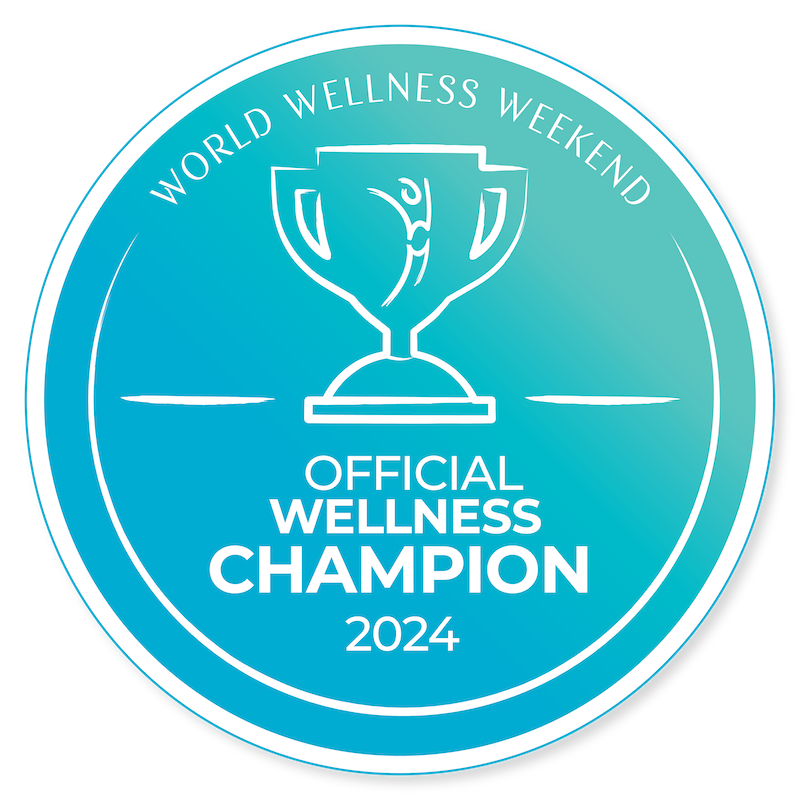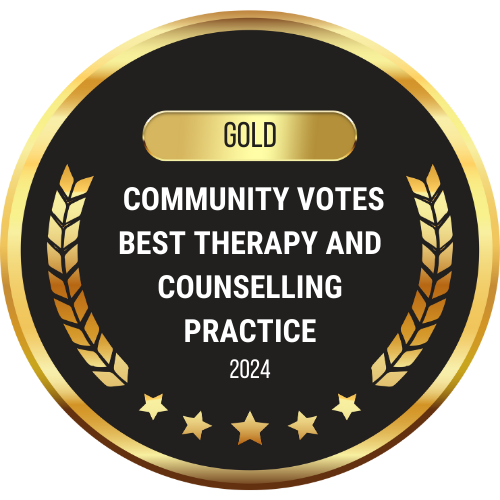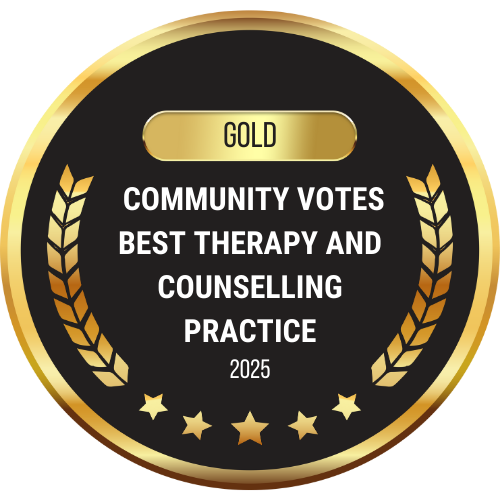Summer is now in full force, and when we think of summer, we often picture sunshine, vacations, barbecues, and carefree days. However, for some people, this season brings an unexpected challenge: summer depression. Also known as summer-pattern Seasonal Affective Disorder (SAD), this condition can be confusing and isolating, especially when it contrasts sharply with societal expectations of summer joy. This post explores the causes, signs, prevention, and treatment options for summer depression.
What Is Summer Depression?
Seasonal Affective Disorder (SAD) is commonly associated with winter, but a lesser-known variant occurs during the summer months, affecting a smaller subset of individuals. Summer depression typically begins in late spring or early summer and subsides as the season comes to a close.
Unlike winter SAD, which often causes lethargy and excessive sleeping, summer-pattern SAD can manifest as:
- Insomnia or trouble sleeping
- Irritability or agitatio
- Restlessness
- Loss of appetite and weight loss
- Anxiety
- Social withdrawal
What Causes Summer Depression?
The causes of summer depression are complex and multifactorial. Here are some key contributing factors:
1. Heat and Humidity
Hot weather and high humidity can make people feel physically uncomfortable, lethargic, or trapped indoors, especially in areas without adequate cooling. This can lead to mood disruptions and fatigue.
2. Disrupted Routines
Long daylight hours can disrupt sleep-wake cycles, particularly for individuals sensitive to light exposure. Disrupted circadian rhythms can increase the risk of depression.
3. Body Image Pressures
Summer often comes with social pressure to look a certain way, particularly when it comes to wearing lighter clothing or swimwear. This can lead to increased body image issues, low self-esteem, and disordered eating patterns.
4. Changes in Social Patterns
People often feel pressure to be social, take vacations, or spend time outdoors in the summer. For those experiencing depression, this can feel overwhelming or isolating, especially if they feel “out of step” with others’ happiness.
5. Allergies
Some studies suggest that seasonal allergies and associated inflammation may also play a role in summer depression symptoms.
Prevention Tips for Summer Depression
While summer depression can’t always be prevented, certain lifestyle habits can help reduce risk or lessen its severity.
1. Establish a Regular Sleep Routine
Maintain a consistent bedtime and wake time, even on weekends. Consider using blackout curtains or sleep masks to block out early morning light.
2. Stay Cool
Manage heat exposure with air conditioning, fans, cool showers, and hydration. Avoid the midday sun and plan outdoor activities for the cooler parts of the day.
3. Maintain a Balanced Diet
Eat regular meals with a focus on protein, fibre, and hydration. Watch for disordered eating patterns or appetite suppression, and avoid skipping meals.
4. Limit Stimulants
Cut back on caffeine, alcohol, and other stimulants that can disrupt sleep and elevate anxiety levels.
5. Protect Mental Space
Practice self-compassion when engaging in social comparison and body image concerns. Limit social media use if it triggers anxiety or low self-esteem.
If you are currently experiencing symptoms associated with summer depression, we encourage you to reach out to us at Mindful Path Counselling. You can contact us via email at info@mindfulpathcounselling.ca or by phone at 226-208-2722. Our team is here to provide support and guidance tailored to your needs. Please don’t hesitate to connect with us for assistance.












